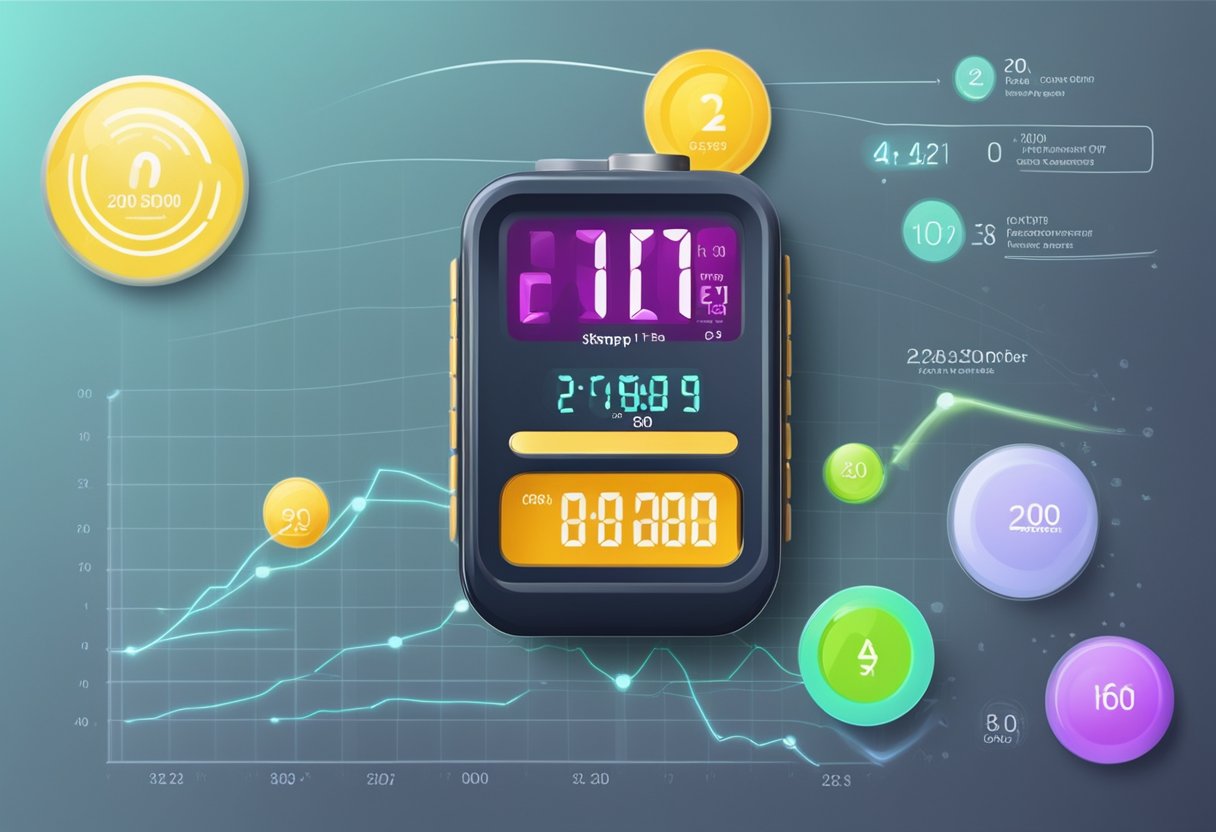The Impact of Ginger on Blood Pressure: A Comprehensive Guide
Ginger, or 'ingwer' as it is known in German, is a popular spice with numerous health benefits. This article delves into its specific effects on blood pressure, addressing common questions and findings related to its consumption and medicinal properties.

What is Ingwer and Its Relationship with Blood Pressure?
Ginger, scientifically known as *Zingiber officinale*, has been used for centuries in various cultures for its medicinal properties. One of the areas of interest is its potential effect on blood pressure regulation. Many people wonder, does ginger really help in managing blood pressure levels? Let’s explore.
How Does Ginger Affect Blood Pressure?
Research indicates that ginger may help lower blood pressure through several mechanisms:
- Vasodilation: Ginger contains compounds that may relax blood vessels, thus improving blood flow.
- Anti-inflammatory Properties: Chronic inflammation can lead to hypertension. Ginger’s anti-inflammatory effects may contribute to lowering blood pressure.
- Antioxidant Effects: The antioxidants in ginger can help combat oxidative stress, a contributor to elevated blood pressure.
What Does Scientific Research Say?
A number of studies have explored the effects of ginger on blood pressure:
- Clinical Trials: One study published in the Journal of Ethnopharmacology found that daily ginger supplementation significantly reduced systolic and diastolic blood pressure in participants with hypertension.
- Animal Studies: Research using animal models has shown that ginger extracts can lead to significant reductions in blood pressure, suggesting potential benefits for humans as well.
- Meta-Analyses: A meta-analysis of several studies pointed out that ginger intake correlates with a reduction in both systolic and diastolic pressure.
Who Should Consider Ginger for Blood Pressure Management?
While ginger appears beneficial for blood pressure regulation, certain groups should approach with caution or consult a healthcare provider:
- Individuals on Blood Pressure Medications: Ginger can enhance the effects of certain antihypertensive medications, leading to excessively low blood pressure.
- Pregnant Women: Ginger is often used to alleviate nausea, but high doses may pose risks, including potential effects on blood pressure.
- People with Blood Disorders: Ginger has blood-thinning properties, which may not be suitable for individuals with bleeding disorders.
How to Incorporate Ginger into Your Diet?
For those looking to harness the blood pressure-lowering benefits of ginger, consider the following tips on incorporating it into your daily routine:
- Ginger Tea: Brew fresh ginger slices in hot water for a refreshing drink.
- Cooking: Add fresh or dried ginger to stir-fries, soups, and marinades.
- Smoothies: Blend a small piece of ginger into fruit or vegetable smoothies for an added kick.
- Supplements: Ginger capsules or extracts can be an alternative, but it's crucial to discuss this with a healthcare provider before starting any supplements.
Are There Any Risks or Side Effects?
While ginger is generally safe for most people, overconsumption can lead to:
- Heartburn
- Diarrhea
- Stomach upset
- Increased risk of bleeding (if taken in high doses)
It is essential to consume ginger in moderation and consult with a healthcare provider if you have any pre-existing conditions.
Conclusion
Ginger has shown promising potential in managing blood pressure due to its various health properties. However, it is essential to consult a healthcare professional before making any significant dietary changes, especially for those with existing health conditions or those taking medications. Incorporating ginger into a balanced diet can be beneficial not only for your blood pressure but also for overall health.
Further Reading
New posts

Effective Strategies to Lower Blood Pressure
Fitness

Navigating Low Blood Pressure and High Pulse: Key Insights
Wellness

Combatting Fatigue from Low Blood Pressure: Causes and Solutions
Lifestyle

Understanding Ruhepuls 60: A Guide to Optimal Heart Rate
Fitness

Understanding Low Blood Pressure at Night: Causes, Symptoms, and Management
Wellness

Low Blood Pressure and Trembling: Understanding the Connection
Wellness

Understanding Normal Pulse Pressure: What You Need to Know
Lifestyle

Understanding Ruhepuls 45: The Ideal Resting Heart Rate for Your Health
Fitness

Understanding Normal Pulse Rates: What Is a Normal Pulse?
Fitness

Understanding Pulsdruck: Key Insights into Your Blood Pressure Dynamics
Wellness
Popular posts

Understanding Low Diastolic Blood Pressure: Causes, Risks, and Management
Wellness

Understanding Low Diastolic Blood Pressure: Causes and What to Do
Wellness

Understanding Puls Unter 60: When Low Heart Rates Become Concerning
Fitness

Understanding the Ruhepuls Tabelle: A Comprehensive Guide
Fitness

Understanding Low Blood Pressure Symptoms in Men
Wellness

Understanding Ruhepuls 50: What It Means for Your Heart Health
Fitness

Low Blood Pressure and Trembling: Understanding the Connection
Wellness

Understanding Normal Pulse Pressure: What You Need to Know
Lifestyle

Understanding Wrist Blood Pressure Monitoring: A Comprehensive Guide
Wellness

Understanding Low Blood Pressure and Its Effect on Vision Disturbances
Health